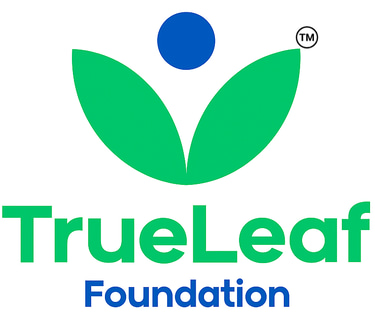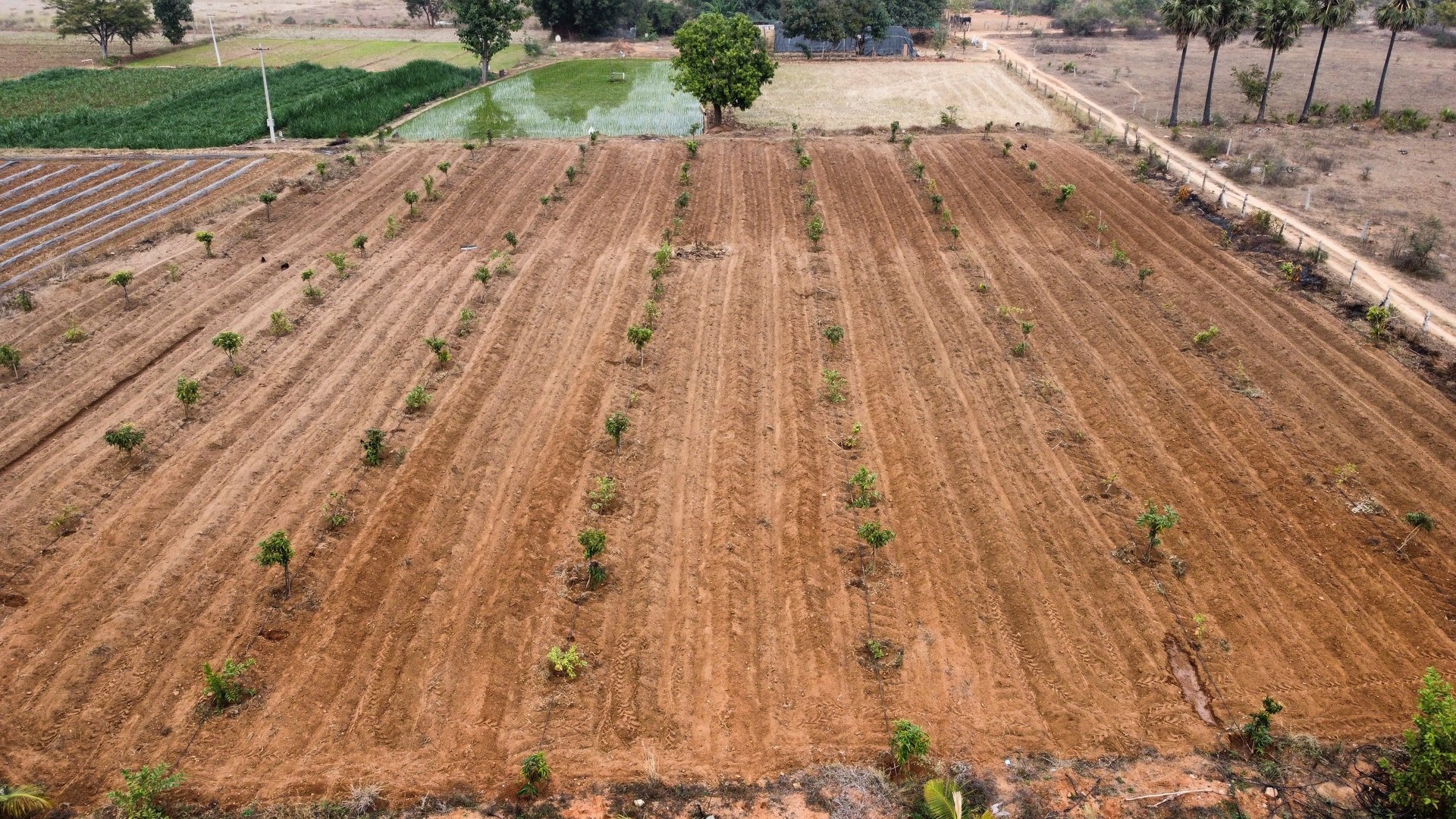DRIP INLINE PIPE
Drip inline pipe is an efficient irrigation tool with pre-installed emitters that deliver water directly to plant roots. It conserves water, reduces weed growth, and enhances crop yield.It ensures uniform water distribution and supports sustainable farming practices with minimal wastage.
MULCHING SHEET
A mulching sheet is a protective layer placed over soil to retain moisture, reduce weed growth, and regulate temperature. Commonly used in organic and modern farming, it improves crop yield by enhancing soil health. Made from biodegradable or plastic materials, it also helps reduce erosion and conserve nutrients.
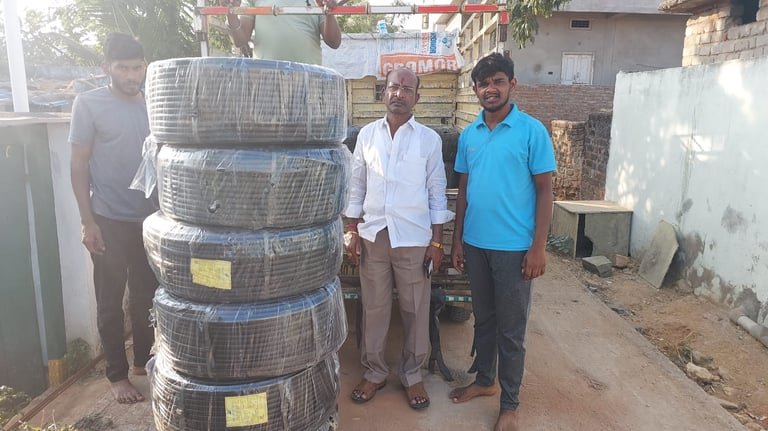

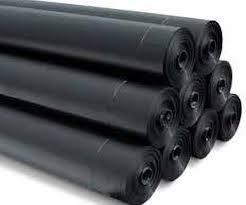

BREAK THE CHAIN OF DEBT
Farmers trapped in informal loans often face crippling interest rates, leading to stress, loss of assets, and even suicide. Through the Soul of Soil campaign, we identify genuinely distressed families and help them recover from unmanageable debts by negotiating or repaying small loans.
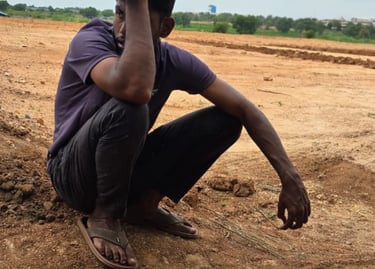

JIVAAMRUT TUBE
The Jivaamrut Tube is an innovative, low-cost solution for organic farming that helps ferment and store Jeevamrut—a traditional, nutrient-rich bio-fertilizer made from cow dung, urine, and natural ingredients. It supports microbial activity in soil, boosts crop health, and reduces dependency on chemical fertilizers, promoting sustainable agriculture
AGRICULTURAL TOOLS
Support farmers by donating essential agricultural tools like hoes, ploughs, seeders, sprayers, and sickles. These tools boost productivity, reduce manual effort, and help small and marginal farmers cultivate sustainably. Your contribution empowers them to grow healthy, organic crops and secure their livelihood. Donate tools, nurture lives, and grow India's future.
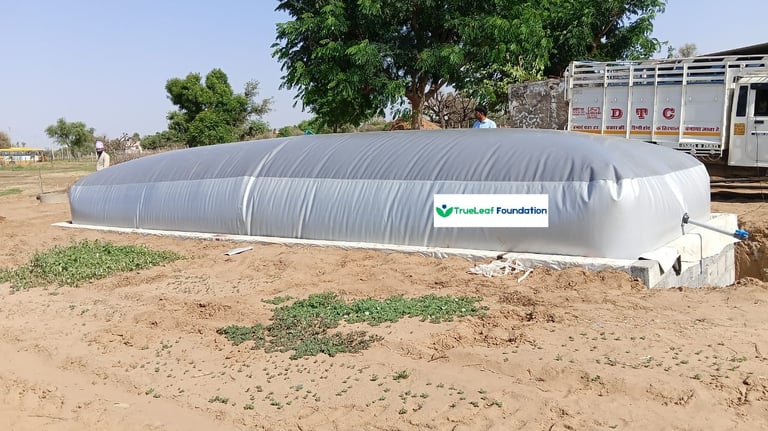

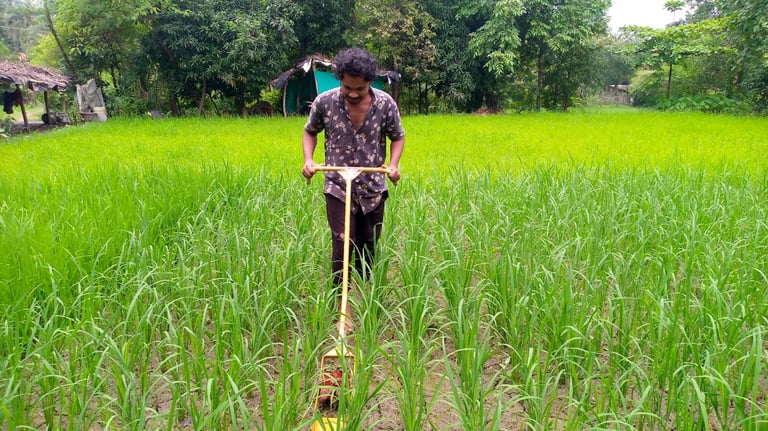

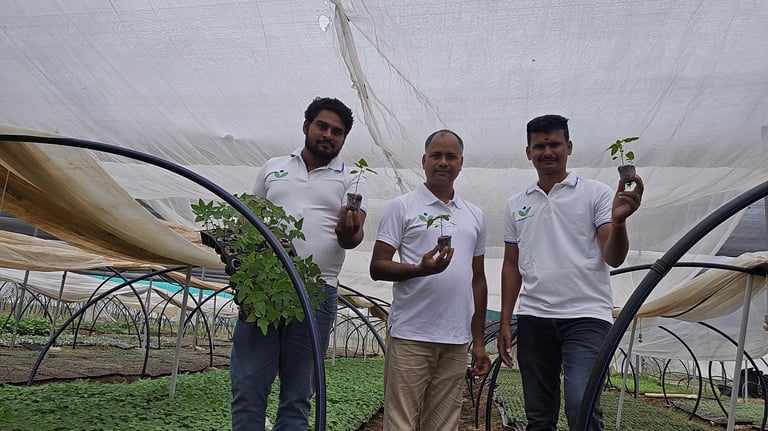

SEEDS and SAPLINGS
Support farmers by donating seed packets! Each packet helps a small farmer start their crop cycle with hope and sustainability. Your contribution can empower communities to grow food organically and independently. A simple seed today can blossom into a better tomorrow. Donate seed packets—grow change from the ground up.
Bhongir district in Telangana is home to a large population of small and marginal farmers who primarily depend on agriculture for their livelihood. The majority of these farmers own less than two acres of land and face constant challenges due to erratic rainfall, rising input costs, and depleting soil fertility. Traditional chemical-based farming has led to long-term damage to land and water resources, making agriculture less profitable and more uncertain. Despite their hard work, many farmers struggle with debt, lack of market access, and minimal government support. Crops like paddy, cotton, and vegetables are commonly cultivated, but yields remain low due to poor soil health and inadequate technical knowledge. The district urgently needs interventions in sustainable farming practices, input support, and financial aid. Promoting organic farming and creating better linkages with markets can improve the livelihoods of farmers and ensure long-term agricultural sustainability in the region.
Latur and Karjat, a district in Maharashtra’s Marathwada and Raigad region, is predominantly agrarian, with a large population of small and marginal farmers. The region frequently faces droughts, water scarcity, and low rainfall, making agriculture highly vulnerable and risky. Farmers primarily cultivate crops like tur (pigeon pea), soybean, cotton, and jowar, often relying on monsoon rains due to inadequate irrigation infrastructure. Repeated crop failures, rising input costs, and falling market prices have pushed many into debt, leading to widespread distress. In recent years, climate change, groundwater depletion, and soil degradation have worsened the situation. Despite these challenges, some farmers have begun adopting organic and natural farming practices, supported by NGOs and government programs promoting Jal Yukta Shivar, micro-irrigation, and sustainable agriculture. However, the scale remains limited. Latur's farmers need urgent support in the form of training, input subsidies, water management systems, and direct market linkages to ensure a stable and sustainable agricultural future.
